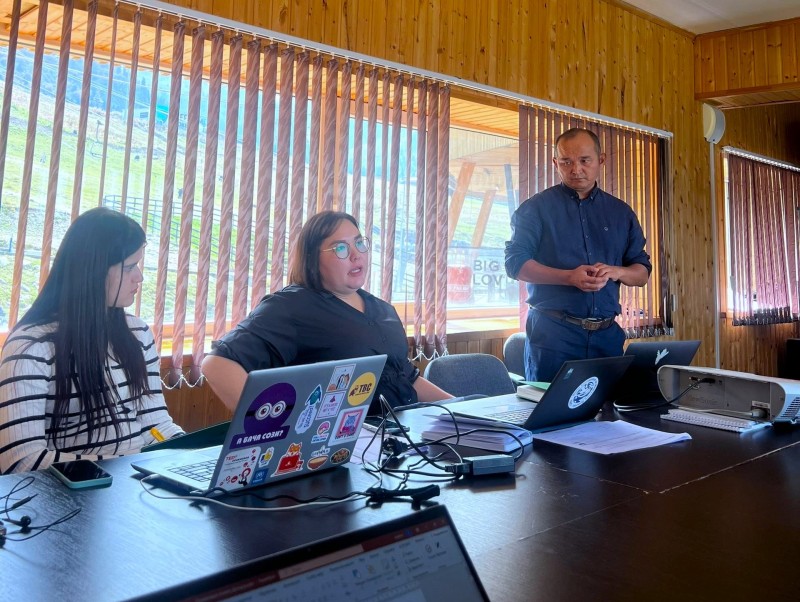
A meeting of partners for the regional project "The Central Asia Mammals and Climate Adaptation" (CAMCA), which includes Kazakhstan, Kyrgyzstan, and Tajikistan, took place in Almaty, Kazakhstan. which includes Kazakhstan, Kyrgyzstan, and Tajikistan, took place in Almaty, Kazakhstan. The initiative aims to conserve six key migratory species of wild animals inhabiting the region and their habitats, as well as to improve the well-being of local communities by managing and making decisions that consider climate change. For climate change adaptation, Kyrgyzstan has prioritized the snow leopard, argali sheep, ibex, and maral.
During the meeting, project participants discussed the progress in conserving migratory species and adapting ecosystems to the changing climate in pilot regions. Each country provided reports on the results achieved in managing protected areas, pasture planning, and wildlife monitoring. Discussions focused on improving research methods, biodiversity conservation, and steps for integrating project results into national policies and databases.
Particular attention was given by the project partners to climate change issues, its impact on ecosystems, and the importance of implementing climate adaptation into nature conservation programs. Participants also addressed the topic of expanding project results internationally, exploring opportunities for integration with similar and related initiatives by the World Bank and FAO.
The practical part included visits to pilot sites in the village of Bakanas, Balkhash District, Almaty Region, to assess the impact of climate change on biodiversity and agriculture in Kazakhstan. During meetings with the local population, it was revealed that local ecosystems require constant monitoring and adaptive management strategies to minimize the impacts of climate change.
The final day of the program was dedicated to exploring tools for sustainable ecosystem management. The focus of the partners was on pasture management techniques and the integration of ecological corridors to enhance climate resilience. Results of vulnerability assessments and adaptation were discussed, as well as the use of IBEX and PAVA tools, which help to better understand changes in ecosystems.
A valuable aspect of the meeting was the exchange of experiences among partners. Representatives of the CAMP Alatoo PF presented a module on sustainable pasture management, emphasizing the integration of ecological corridors. The meeting concluded with an online game, "Snow Leopard and Its Habitat," which helped participants gain a deeper understanding of ecosystem interactions and end the day on a positive note.
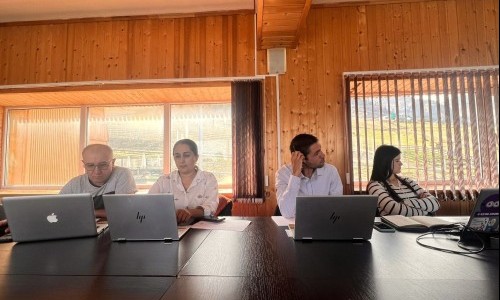
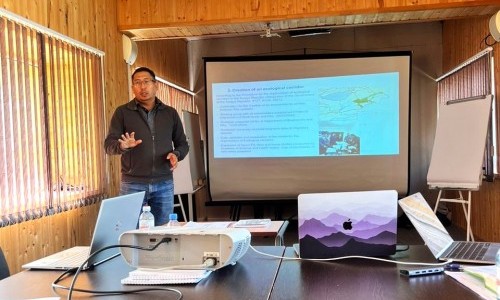
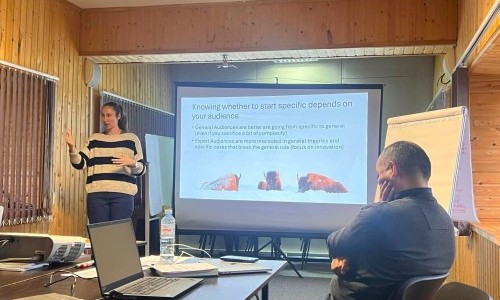
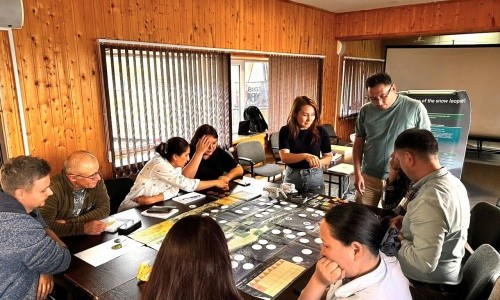
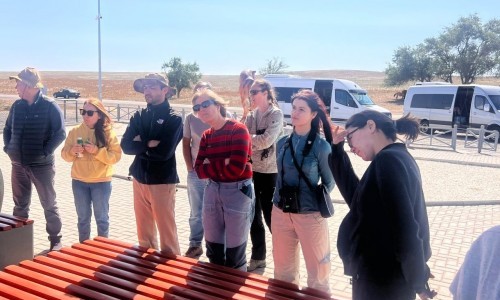
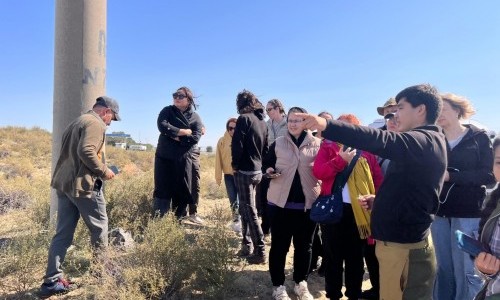
Итоги пастбищного сезона 2018 года были подведены на очередном заседании районной пастбищной комиссии (РПК).
MoreThe development of the unified method, "Monitoring Pastures at the Local Level," is nearing completion.
MoreЧетыре новых моста построены в 2018 году в Кыргызстане при поддержке ОФ “CAMP Алатоо” и Швейцарской ассоциации “Памирские...
More